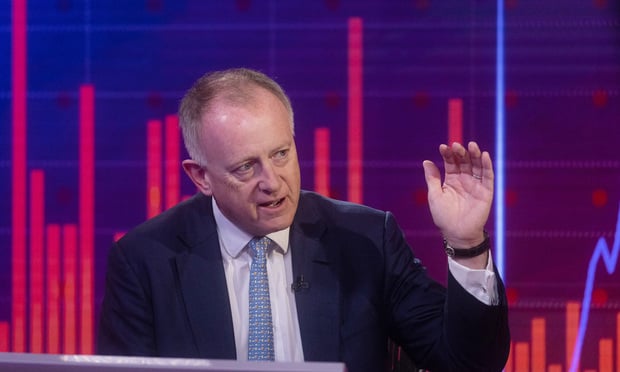NCOIL Okays Easier Broker Disclosure Model
By Steve Tuckey
NU Online New Service, March 7, 11:14 a.m. EST?Only brokers paid by both client and insurer are required to disclose their fees under a less restrictive model law amendment adopted Friday by the National Conference of Insurance Legislators.[@@]
Insurance industry representatives said the measure was softer in its latest version and less stringent than a comparable measure approved by the National Association of Insurance Commissioners.
NCOIL's action came at the group's annual spring meeting in Hilton Head Island, S.C. Lawmakers there approved a measure that is limited to covering only those brokers compensated by both the insured and the insurance carrier, who must obtain documented acknowledgement from the insured that they are aware of the double compensation.
Last December the NAIC approved a measure covering not only double-compensated brokers but all brokers "representing" customers.
Trade group representatives such as Wes Bissett, senior vice president of the Independent Insurance Agents and Brokers of America, said the "representing" provision presents enough ambiguity to extend the coverage to a great deal of the industry.
"The NCOIL approach is a much more reasonable one," he said.
NCOIL president Texas Rep. Craig Eiland, D-Galveston, said it was important for the group to be heard on the issue. "Many legislators reasonably believe that no legislation is necessary at all, but some states are likely to examine and perhaps act on this issue," he said.
He added, "NCOIL's adoption of the consensus approach would offer helpful and meaningful guidance for states with a substantive or political need to legislate in this area."
The current version of the NCOIL model represents a considerable about-face from the one considered at its annual meeting last November. That session came shortly after the watershed investigations by New York State, which uncovered evidence that brokers, rather than seeking the best deal for clients, engaged in price-fixing, false bid submissions and steering of commercial customers to insurers paying undisclosed fees.
The earlier NCOIL model would have not only created a fiduciary role for the broker but also imposed a burden to act "in the best interest" of the client. Industry representatives asserted that such mandates were ambiguous enough to invite litigation from disgruntled clients.
Nonetheless, the fact that Mr. Eiland represented his group's position at the December NAIC meeting as that reflected in the stricter model concerned one NCOIL member enough to propose a measure limiting the ability of officers to act in such a manner between meetings. But the measure died for lack of a second.
"This will be very embarrassing for us when we come back with this new model," said Louisiana Rep. Shirley Bowler, R-Harahan, who sponsored the failed effort.
The proposed amendment would be tacked on to the NAIC Producer Licensing Model Act. Its approval comes in the wake of recent settlements between state authorities and Marsh and Aon over the contingency fees and placement arrangement compensation problems revealed last October.
Mr. Eiland said the NCOIL measure would not conflict with provisions of the two settlements that require the two brokerages to make extensive disclosures to clients.
The NAIC will look at adding a separate provision that would extend coverage to virtually all producers. That proposal has been vigorously fought by industry as a new burden that is no way related to the scandal of the large brokers.
At Friday's meeting, state lawmakers deleted a provision requiring commercial brokers to disclose a "reasonable estimate, if possible," of contingency compensation from the carrier as so qualified as to be meaningless. But Mr. Eiland said such estimates would be helpful in customers when they negotiate with their brokers. The final model simple requires the calculation used in determining the figure.
NCOIL lawmakers turned down an industry request to delete a drafting note reminding states that they could consider a fiduciary requirement for brokers in relation to the common law precedents at home. Mr. Eiland noted that the Marsh and Aon settlements had such provisions.
Less than 10 states are said by insurance industry representatives to be considering such legislation. Nevada has approved a temporary regulation while one proposal in Connecticut closely tracks the NAIC model.
Want to continue reading?
Become a Free PropertyCasualty360 Digital Reader
Your access to unlimited PropertyCasualty360 content isn’t changing.
Once you are an ALM digital member, you’ll receive:
- Breaking insurance news and analysis, on-site and via our newsletters and custom alerts
- Weekly Insurance Speak podcast featuring exclusive interviews with industry leaders
- Educational webcasts, white papers, and ebooks from industry thought leaders
- Critical converage of the employee benefits and financial advisory markets on our other ALM sites, BenefitsPRO and ThinkAdvisor
Already have an account? Sign In Now
© 2025 ALM Global, LLC, All Rights Reserved. Request academic re-use from www.copyright.com. All other uses, submit a request to [email protected]. For more information visit Asset & Logo Licensing.








